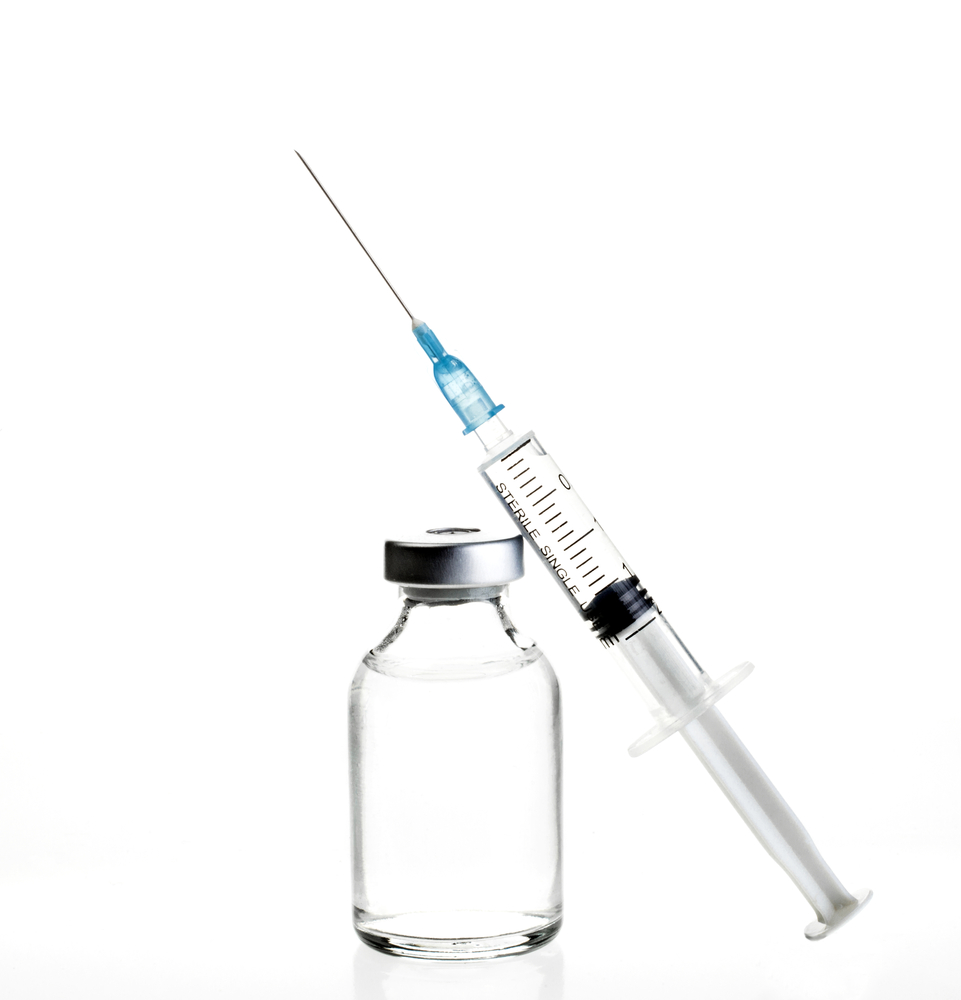Is It Permissible to Have Botox Injections?
Shafi'i Fiqh
Answered by Shaykh Irshaad Sedick
Question
Is it permissible to have Botox injections?
Answer
In the Name of Allah, the Most Merciful and Compassionate. May Allah alleviate our difficulties and guide us to that which is pleasing to Him.
Herewith follows an adaptation of the answer to the above question by Shaykh Muhammad Ibn Adam al-Kawthari, Darul Iftaa, Leicester, UK. Where applicable, Shafi‘i references substituted the Hanafi references.
Extreme Balance
The Islamic perspective on matters relating to beautification and adornment is one of extreme balance. On the one hand, Shari’ah allows non-surgical beautification such as jewellery, Hena, Kohl, perfume and various creams and balms. On the other hand, however, it prohibits the tampering and altering of the body through surgical means, considering it a form of mutilation and “changing the nature created by Allah (taghyir khalq Allah)” hence the prohibition of cosmetic surgery.
Based on this principle, Botox and Dermal fillers are non-surgical methods of treating scars, wrinkles, lines and other depressions on the face to improve one’s appearance (the treatment involves injecting the materials into the affected area of the skin); they are not prohibited in of themselves. However, specific concerns remain:
Unlawful Components
Firstly, these injections may contain unlawful and impure substances such as those from pigs or human albumin [source: US Food and Drug Administration], making them unlawful. Thus, if this is the case, it will not be permitted to have them injected into the skin merely for cosmetic purposes. One may avail of them to help alleviate a medical condition such as cerebral palsy or face burns, under the dispensation of using banned substances as medication, but that too is subject to certain conditions – namely:
- the medicine/injection is reasonably known to be effective,
- it is needed,
- there is no Halal alternative, and
- the medical need is established by a specialist, preferably a Muslim doctor who is at least outwardly upright and god-fearing. [Keller, Reliance of the Traveller]
Health Risks
Secondly, Botox results in many serious side effects like experiencing difficulty in swallowing, breathing and speaking. Some can even be life-threatening [US Food and Drug Administration]. Although one may not experience any pain or side effects, the possibility remains, and as such, it is not desirable, to say the least, to risk one’s health for the sake of improving appearance.
Finally, becoming embroiled in the cosmetic and fashion industry has its negatives and is ethically wrong. Unfortunately, the current fashion industry expects us not even to have a few wrinkles or lines on our faces. Hence, things like Botox injections and dermal fillers are being used widely. Islam teaches us to age gracefully and to be content with what our Creator has created us with. The standard of one’s beauty is not the external appearance but piety, virtuous actions and good conduct towards others. Even if these products were not to contain any unlawful substances, they would be ethically wrong, in ordinary cases, as they go against the spirit of Islamic teachings.
The Sacred Law ruling for carrying out such procedures on patients follows the procedure itself. Suppose they are proven to contain unlawful substances. It will not be permitted for you as a dentist to deal with them for purely cosmetic reasons since Allah Most High says, “Help you one another in righteousness and piety, but help you not one another in sin and rancour.” [Quran, 5:2]
And Allah knows best.
I pray this is of benefit and that Allah guides us all.
[Shaykh] Irshaad Sedick
Checked and Approved by Shaykh Faraz Rabbani
Shaykh Irshaad Sedick was raised in South Africa in a traditional Muslim family. He graduated from Dar al-Ulum al-Arabiyyah al-Islamiyyah in Strand, Western Cape, under the guidance of the late world-renowned scholar, Shaykh Taha Karaan.
Shaykh Irshaad received Ijaza from many luminaries of the Islamic world, including Shaykh Taha Karaan, Mawlana Yusuf Karaan, and Mawlana Abdul Hafeez Makki, among others.
He is the author of the text “The Musnad of Ahmad ibn Hanbal: A Hujjah or not?” He has served as the Director of the Discover Islam Centre and Al Jeem Foundation. For the last five years till present, he has served as the Khatib of Masjid Ar-Rashideen, Mowbray, Cape Town.
Shaykh Irshaad has thirteen years of teaching experience at some of the leading Islamic institutes in Cape Town). He is currently building an Islamic online learning and media platform called ‘Isnad Academy’ and pursuing his Master’s degree in the study of Islam at the University of Johannesburg. He has a keen interest in healthy living and fitness.
